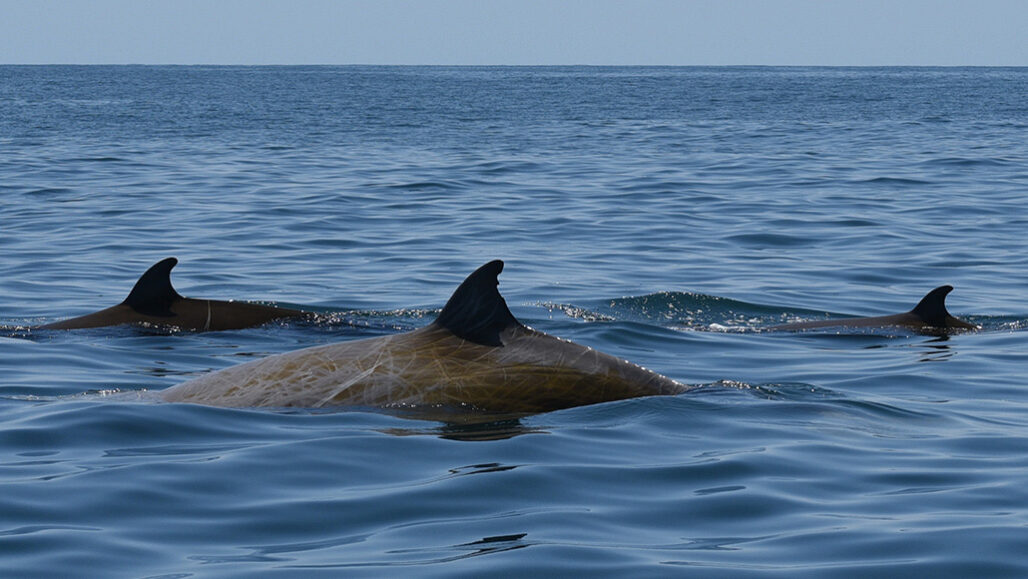anaerobic: Occurring in the absence of oxygen. Anaerobic reactions take place in oxygen-free locations.
behavior: The way something, often a person or other organism, acts towards others, or conducts itself.
biology: The study of living things. The scientists who study them are known as biologists.
journal: (in science) A publication in which scientists share their research findings with experts (and sometimes even the public).
lactic acid: A chemical compound commonly found in milk and in exercising muscles.
mammal: A warm-blooded animal distinguished by the possession of hair or fur, the secretion of milk by females for feeding their young, and (typically) the bearing of live young.
marine mammal: Any of many types of mammals that spend most of its life in the ocean environment. These include whales and dolphins, walruses and sea lions, seals and sea otters, manatees and dugongs — even polar bears.
metabolism: (adj. metabolic) The set of life-sustaining chemical reactions that take place inside cells and bigger structures, such as organs. These reactions enable organisms to grow, reproduce, move and otherwise respond to their environments.
muscle: A type of tissue used to produce movement by contracting its cells, known as muscle fibers. Muscle is rich in protein, which is why predatory species seek prey containing lots of this tissue.
oxygen: A gas that makes up about 21 percent of Earth's atmosphere. All animals and many microorganisms need oxygen to fuel their growth (and metabolism).
respiration: The process by which organisms produce energy from sugars, usually by taking in oxygen and releasing carbon dioxide.
species: A group of similar organisms capable of producing offspring that can survive and reproduce.
whale: A common, but fairly imprecise, term for a class of large mammals that lives in the ocean. This group includes dolphins and porpoises.








